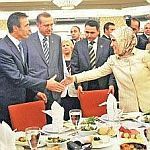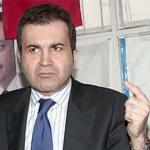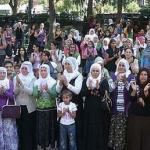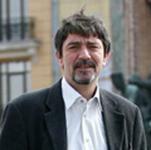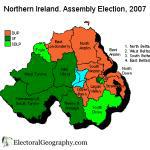National Security Council
Military Constructive at National Security Meeting
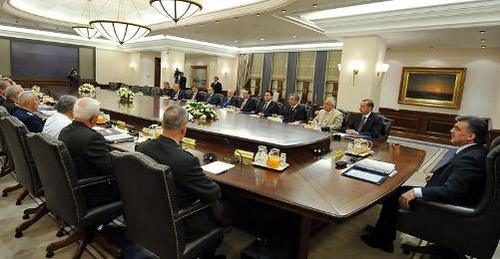
The National Security Council (MGK) consists of the President of Turkey, the Prime Minister, deputy PMs, the Ministers of Justice, Defence, of the Interior and of Foreign Affairs, the Chief of Staff, the commanders of the ground and air forces and the navy, as well as the general commander of the Gendarmerie. It meets every two months.
"Statement reflects willingness to support process"
Prof. Dr. Mithat Sancar, a law lecturer at Ankara University, has evaluated the statement published by the MGK after its meeting on Thursday, 20 August.
"It is clear from the statement that the topic was discussed with the MGK previously and that support was ensured before the initiative was launched. The statement reflects a willingness not only not to obstruct the process but even to widen its scope. The fact that the Ministry of the Interior informed the military members prior to and during the meeting is also likely to have had an effect."
Army not joining CHP and MHP
The academic points out that the statement did not offer the main opposition Republican People's Party (CHP) or the Nationalist Movement Party (MHP) any support for their continuing denouncement of the initiative.
"It was a statement that avoided speculation and polemics; it was careful and did not use expressions that could obstruct the process. It seems that the army has decided to support the developments. They are also avoiding any claims that would lead to strong reactions among the public or that would be seen as support for the MHP and the CHP."
The statement of the MGK called for a project that would "strengthen the inseparable unity of our state's country and its nation, and which would bring individuals and society welfare, peace and happiness." This, so Sancar, showed that the search for a solution was to take place within a unitary state.
However, he added that this message did not represent the setting of limits to the debate: "An autonomous region, or even a federation, do not violate the principle of a unitary state."
Optimism
Sancar is one of the people who have spoken to Beşir Atalay, the Minister of the Interior who is also coordinating the government's initiative. He believes that the process is going well so far.
On Friday, Prime Minister Erdoğan said in Istanbul that he hoped the process would "be completed by New Year."
Sancar has studied the process of conflict resolution in different countries. Some of his conclusions and predictions are:
No "ready package": I would support democratic communication and a start to a political process for a solution. With a "ready package", the project would have run into difficulties and would have become obstructed. I believe that what has been done so far has been correct.
Public opinion has to be influenced: Of course there will be various suggestions of concrete steps, but a priority must be to create a public atmosphere and language that allow such a discussion. In the main, this has been achieved, which is a great step. We cannot predict now where we will arrive, but we see that we have come to the point where we can have a debate. It is extremely important that the MGK is supporting the project, and that sections of society previously ignored have been consulted. Great taboos and obstructions are being overcome.
Patience is necessary: When there has been violence, there is no sudden and wholesale solution to ethnic problems. First of all, violence has to be taken out of the equation and the problem has to be looked at normally; then the roots of the problem need to be targeted. As far as I know, this is what the government is doing.
Different expectations: For Kurds, a solution first of all means that their rights of identity and representation will be acknowledged. For others, the average citizen, a solution means "an end to deaths, violence and clashes", the expectation that they can send their sons to military service without fear. As hope for an end to violence will increase with every step taken, the optimism and support of the people in the street will increase.
A sense of normality within a year: These two expectations have to be balanced carefully. If the government acts decisively and keeps the balances well, and if there are no clear negative signals from the Kurdish political movement, particularly the PKK, and if public support increases, then there may be a palpable feeling of things becoming normal even by the beginning of next year. (TK/AG)
KURDISH QUESTION
PKK Ceasefire to be Terminated on 31 October?

KCK CASE
Court Dismissed Request for Defence in Kurdish

7th Istanbul Gathering for Freedom of Thought

CONSTITUTIONAL AMENDMENTS
58 Percent Said "Yes" to Constitutional Reform Package

Rights Organizations 3 Years ahead of Foreign Minister






